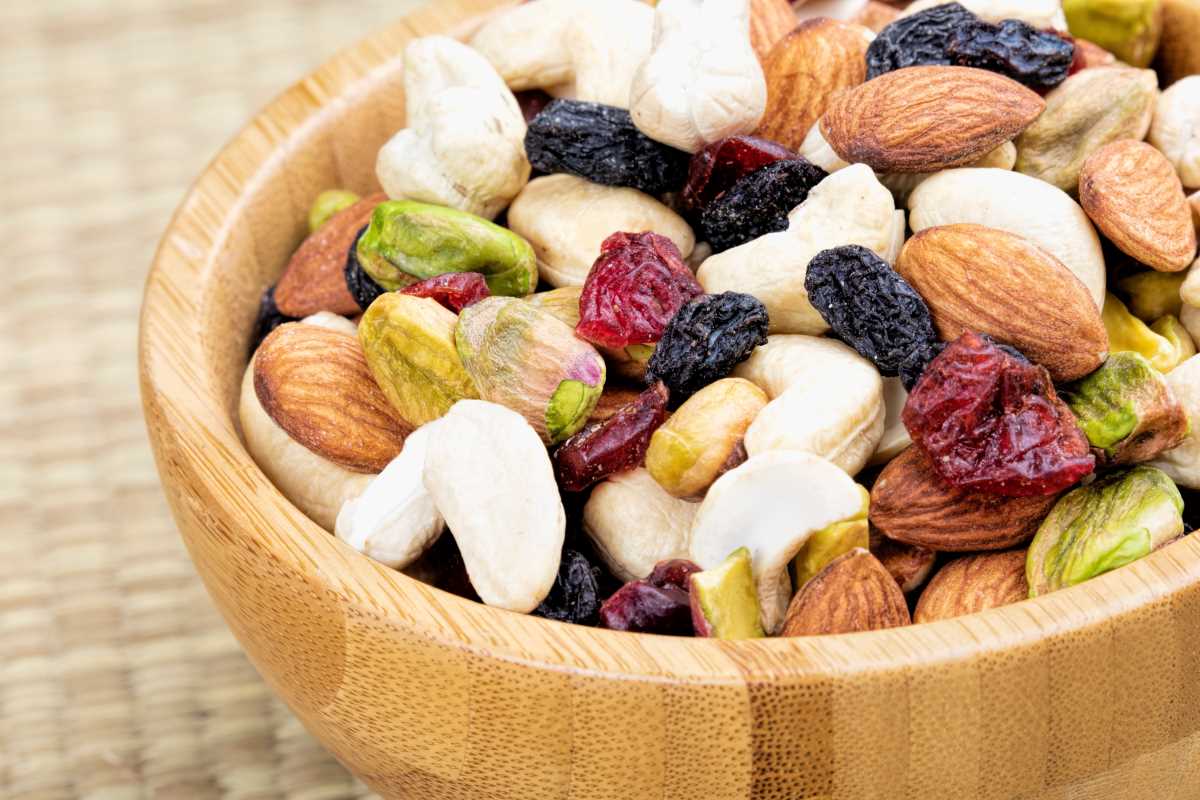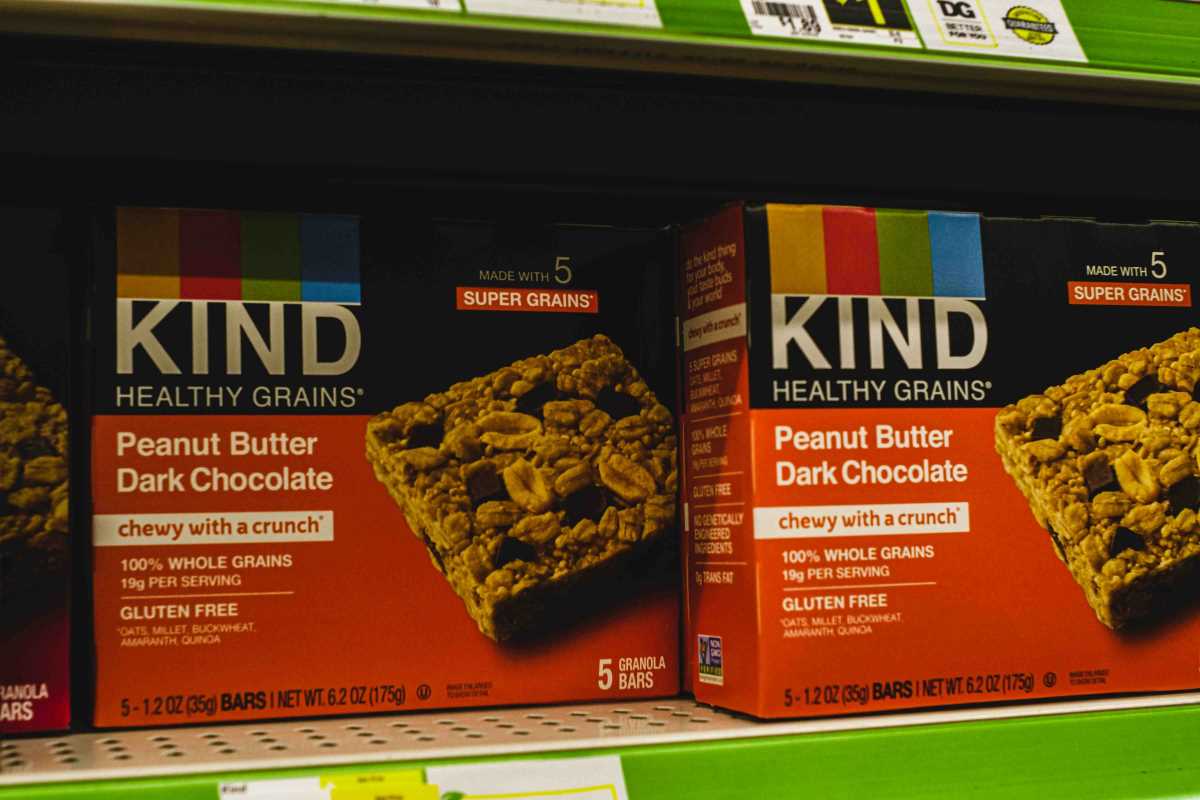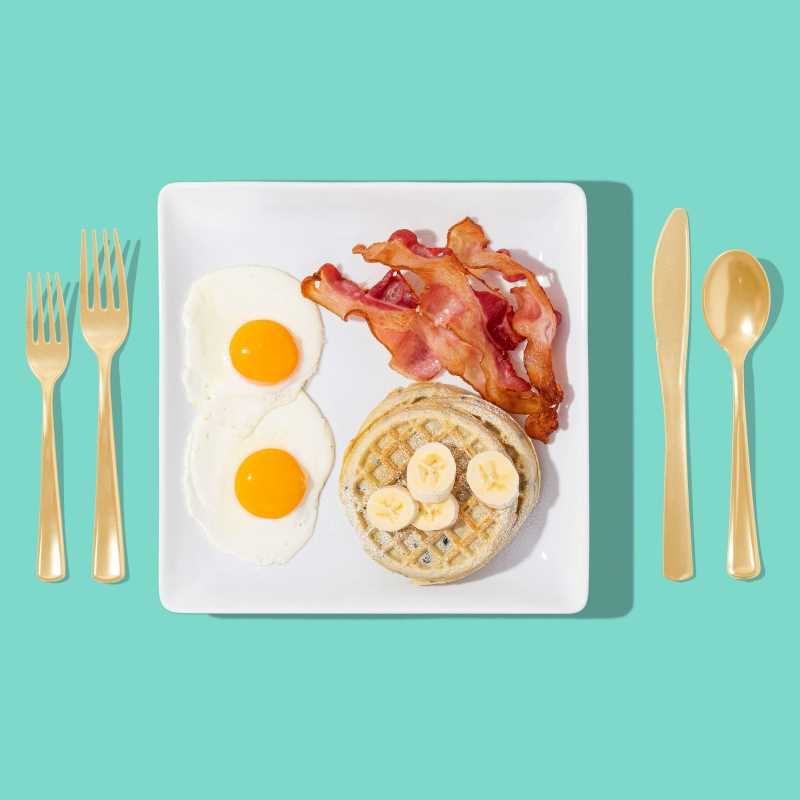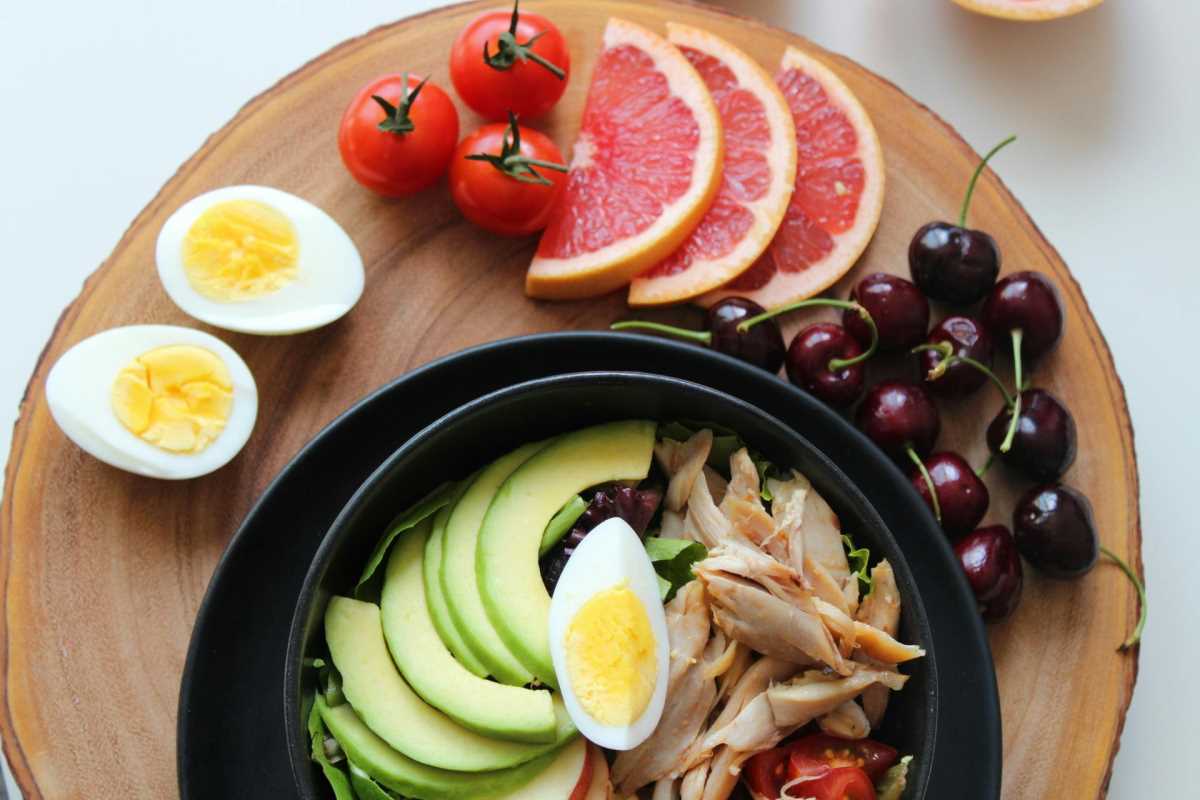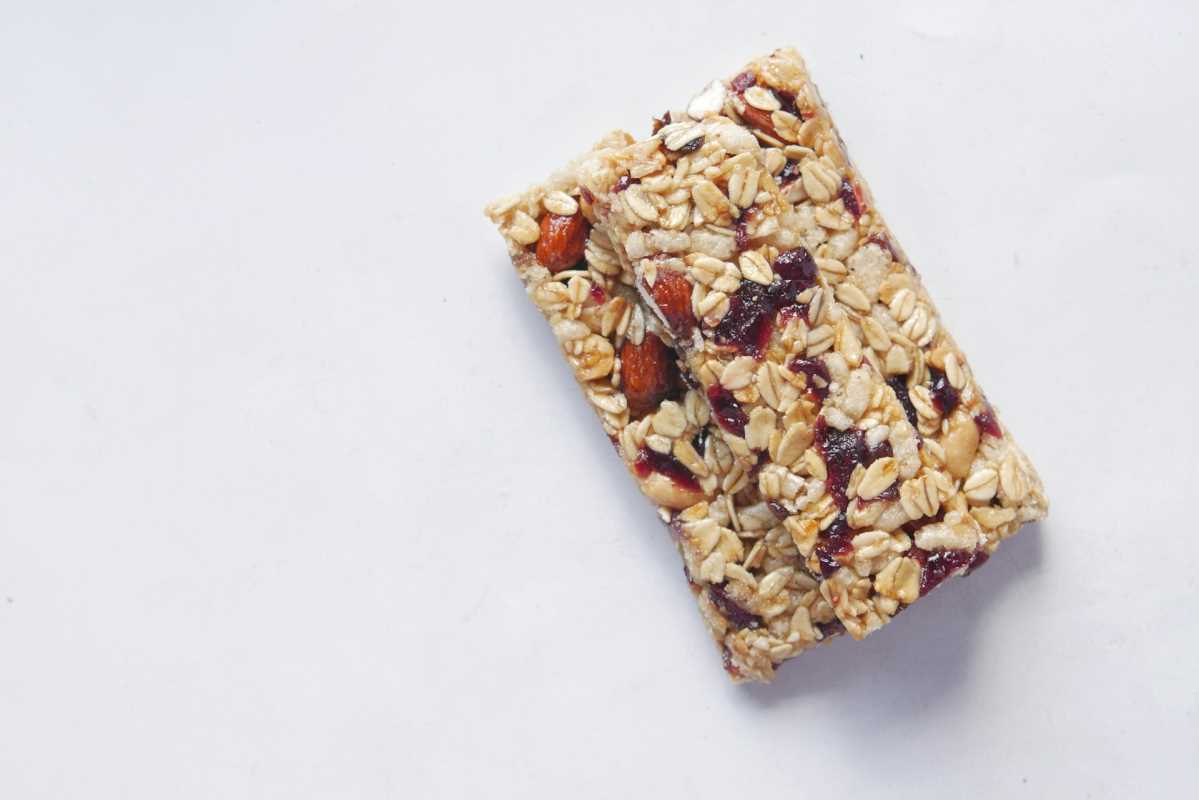Time shouldn't be a barrier to nourishing your body with nutrient-dense meals. While many people believe healthy eating requires hours of meal prep, the truth is that you can create incredibly satisfying and nutritious salads in just 10 minutes. These aren't your basic lettuce-and-tomato combinations—we're talking about powerhouse salads packed with complete proteins, healthy fats, fiber-rich vegetables, and flavor combinations that will make you look forward to every bite.
Research shows that people who eat salads regularly consume significantly more vitamins A, C, E, and folate compared to those who don't. However, many quick salads fall short nutritionally, leaving you hungry within an hour. The key lies in understanding how to layer nutrients strategically, creating meals that satisfy your taste buds while providing sustained energy and complete nutrition.
Let's explore how to build supercharged salads that transform your relationship with quick, healthy eating and prove that nutritious meals can fit into even the busiest schedules.
The Science Behind Satisfying Salads
Creating a salad that keeps you full and energized requires understanding the fundamentals of balanced nutrition. Your body needs a combination of macronutrients—protein, healthy fats, and complex carbohydrates—to maintain stable blood sugar levels and provide lasting satiety.
Protein Power: Including 15-25 grams of protein in your salad triggers the release of satiety hormones that help you feel full for 3-4 hours. Complete proteins containing all essential amino acids support muscle maintenance and provide steady energy.
Healthy Fats for Absorption: Adding sources of healthy fats like avocado, nuts, or olive oil does more than enhance flavor—it increases the absorption of fat-soluble vitamins (A, D, E, and K) by up to 300%. These fats also slow digestion, preventing blood sugar spikes.
Fiber Foundation: Vegetables and greens provide fiber that promotes digestive health and helps regulate appetite. The average adult needs 25-35 grams of fiber daily, yet most consume less than half this amount. A well-built salad can provide 8-12 grams of fiber per serving.
Colorful Phytonutrients: Different colored vegetables provide unique antioxidants and phytonutrients that support immune function, reduce inflammation, and protect against chronic diseases. Aim for at least three different colors in each salad.
Essential Components of 10-Minute Supercharged Salads
Greens That Go the Distance
Baby Spinach: Mild flavor, packed with iron, folate, and vitamin K. Requires no chopping and wilts slightly when dressed, creating a tender texture.
Arugula: Peppery bite adds flavor complexity while providing vitamin C and nitrates that support cardiovascular health.
Mixed Spring Greens: Pre-washed combinations save time while offering variety in taste and nutrition.
Kale (Massaged): Quickly massage chopped kale with a pinch of salt and lemon juice to break down tough fibers, creating a tender base rich in vitamins A, C, and antioxidants.
Quick Protein Solutions
Pre-Cooked Options:
- Rotisserie chicken (remove skin, dice quickly)
- Canned wild salmon or sardines
- Hard-boiled eggs (prepare in batches on weekends)
- Pre-cooked lentils or chickpeas
No-Cook Proteins:
- Greek yogurt (add to dressing for creaminess)
- Cottage cheese (surprisingly delicious in salads)
- Nuts and seeds (almonds, walnuts, hemp hearts)
- Cheese (feta, goat cheese, or aged cheddar)
Healthy Fat Sources
Avocado: Provides monounsaturated fats and creamy texture. Pre-slice and store in lemon water for quick assembly.
Nuts and Seeds: Walnuts, almonds, pumpkin seeds, and sunflower seeds add crunch and healthy fats.
Quality Oils: Extra virgin olive oil, avocado oil, or walnut oil in dressings enhance nutrient absorption.
Olives: Kalamata or green olives provide healthy fats and bold flavor.
Five 10-Minute Supercharged Salad Recipes
Mediterranean Power Bowl
Prep time: 8 minutes
Base: 3 cups baby spinach and arugula mix
Protein:
- 4 oz canned wild salmon, drained
- 2 tbsp crumbled feta cheese
Vegetables:
- 1/2 cucumber, diced
- 1 cup cherry tomatoes, halved
- 1/4 red onion, thinly sliced
Healthy Fats:
- 1/4 avocado, sliced
- 10 Kalamata olives
- 2 tbsp pine nuts
Quick Dressing: Whisk together 2 tbsp olive oil, 1 tbsp lemon juice, 1 tsp dried oregano, salt, and pepper.
Assembly tip: Place salmon directly from can onto greens, flake with fork while adding other ingredients.
Nutritional profile: 485 calories, 28g protein, 18g healthy fats, 12g fiber
Asian-Inspired Crunch Salad
Prep time: 9 minutes
Base: 3 cups pre-shredded cabbage and carrot mix
Protein:
- 1 cup shredded rotisserie chicken
- 2 tbsp chopped peanuts
Vegetables:
- 1/2 bell pepper, julienned
- 1/2 cup snap peas
- 1/4 cup fresh cilantro
Healthy Fats:
- 1/4 avocado, diced
- 1 tbsp sesame seeds
Quick Dressing: Mix 2 tbsp rice vinegar, 1 tbsp sesame oil, 1 tsp honey, 1 tsp fresh ginger (or 1/4 tsp ground), and red pepper flakes.
Time-saving tip: Buy pre-shredded vegetables and use rotisserie chicken for zero cooking time.
Nutritional profile: 445 calories, 32g protein, 20g healthy fats, 11g fiber
Protein-Packed Cobb
Prep time: 7 minutes
Base: 3 cups mixed greens
Protein:
- 2 hard-boiled eggs, chopped
- 1/4 cup crumbled blue cheese
Vegetables:
- 1 cup cherry tomatoes, halved
- 1/2 cucumber, diced
- 4 strips cooked bacon, crumbled (use pre-cooked)
Healthy Fats:
- 1/2 avocado, diced
- 2 tbsp chopped walnuts
Quick Dressing: Whisk 2 tbsp olive oil, 1 tbsp apple cider vinegar, 1 tsp Dijon mustard, salt, and pepper.
Make-ahead strategy: Pre-cook eggs and bacon on weekends for instant assembly.
Nutritional profile: 520 calories, 25g protein, 22g healthy fats, 10g fiber
Mexican Street Corn Salad
Prep time: 10 minutes
Base: 2 cups romaine lettuce, chopped
Protein:
- 1 cup black beans (canned, rinsed)
- 1/4 cup queso fresco, crumbled
Vegetables:
- 1 cup corn kernels (frozen, thawed)
- 1/2 red bell pepper, diced
- 1/4 red onion, minced
- 1/4 cup fresh cilantro
Healthy Fats:
- 1/2 avocado, diced
- 2 tbsp pepitas (pumpkin seeds)
Quick Dressing: Mix 2 tbsp olive oil, 1 tbsp lime juice, 1/4 tsp chili powder, 1/4 tsp cumin, salt, and pepper.
Shortcut: Use frozen corn—no cooking needed, just thaw under warm water for 2 minutes.
Nutritional profile: 465 calories, 18g protein, 19g healthy fats, 15g fiber
Apple Pecan Harvest Salad
Prep time: 8 minutes
Base: 3 cups mixed greens with baby spinach
Protein:
- 1/2 cup cottage cheese
- 2 tbsp chopped pecans
Vegetables:
- 1 medium apple, thinly sliced
- 1/4 cup dried cranberries
- 1/4 cup shredded carrots
Healthy Fats:
- 2 tbsp goat cheese, crumbled
- Additional 2 tbsp pecans
Quick Dressing: Whisk 2 tbsp olive oil, 1 tbsp apple cider vinegar, 1 tsp Dijon mustard, 1/2 tsp honey, salt, and pepper.
Prep tip: Use a mandoline or sharp knife to slice apples quickly and evenly.
Nutritional profile: 425 calories, 16g protein, 21g healthy fats, 9g fiber
Time-Saving Assembly Strategies
The 2-Minute Mise en Place
Professional chefs use mise en place—having everything ready before starting—to work efficiently. Apply this to salad making:
Wash and dry greens as soon as you bring them home, storing in containers lined with paper towels.
Pre-chop vegetables that keep well: bell peppers, carrots, celery, and onions can be chopped 3-4 days ahead.
Batch cook proteins on weekends: grill chicken, hard-boil eggs, or cook grains in larger quantities.
Make dressing doubles and store in mason jars for quick assembly throughout the week.
Strategic Shopping for Speed
Buy pre-prepped when it makes sense: Pre-washed greens, pre-cooked proteins, and pre-chopped vegetables save significant time.
Invest in quality tools: A good chef's knife, cutting board, and salad spinner dramatically reduce prep time.
Stock pantry staples: Keep a variety of dried spices, canned beans, and grains on hand for quick and easy meal prep.
Shop weekly to avoid waste: Plan meals and make a grocery list before heading to the store to minimize food waste and save time on multiple trips.
Opt for versatile ingredients: Choose ingredients that can be used in multiple recipes, such as roasted vegetables or shredded chicken.
Try meal planning: Take some time at the beginning of the week to plan out meals and create a shopping list. This will save time during busy weekdays and prevent last-minute trips to the grocery store.
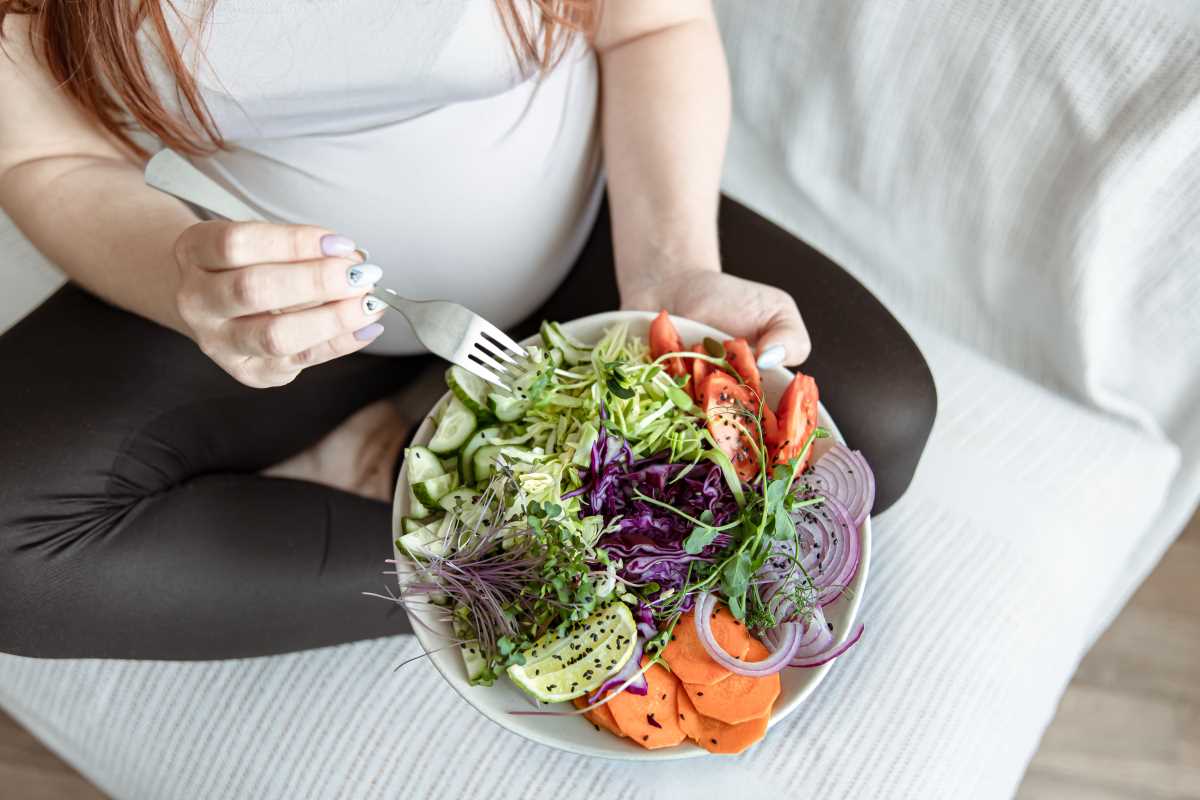 (Image via
(Image via